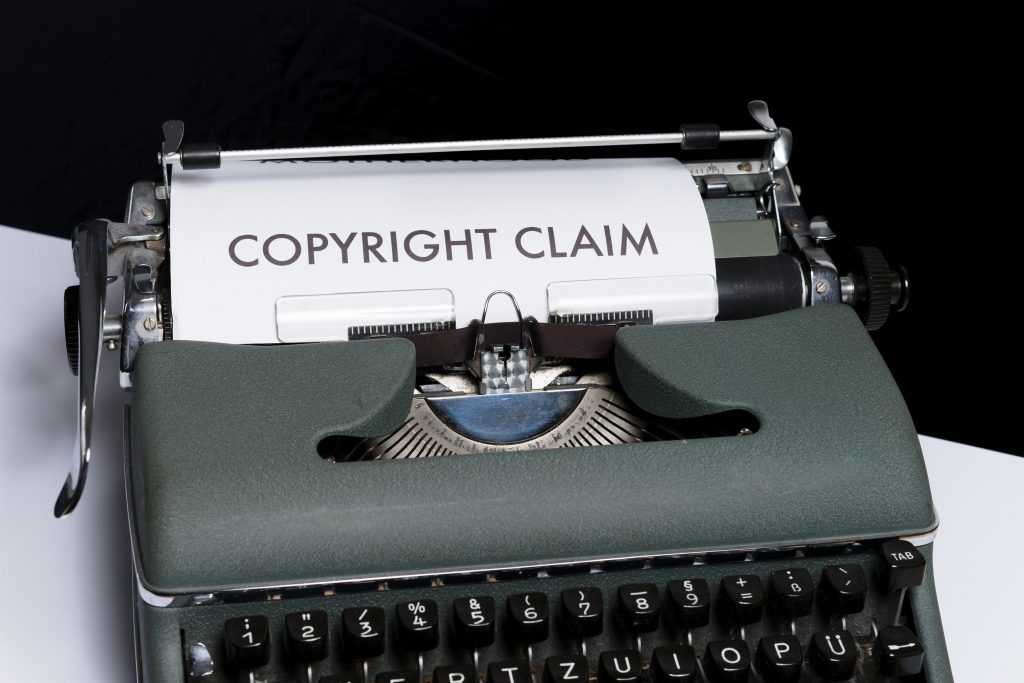Let’s Get it Right on Copyright Infringement

If someone has used your creative work without permission, what can you do? In this article, we’ll tackle exactly that.
We understand that it can be really upsetting to find that your creative work has been used without permission. You might notice it on social media, an online marketplace, a company’s website, or in an advertisement. When you own copyright in your work — whether it’s a painting, a piece of music or something else — you have legal rights that you can use to try and stop those infringements.
What is Copyright Infringement?
Copyright owners have a bundle of exclusive rights in their creative work (eg, to reproduce it by making a copy). That copyright is ‘infringed’ when another person or entity uses any of those rights without permission from the owner.
For something to be an infringement, a “substantial part” of the work must have been used. So, is 10% of the work alright? How about 20%? A substantial part is not just about how much of a work was used. It is about how important, recognisable and distinctive that part was. The more unique and original it was, the more likely it is to be a substantial part.
But before you rush ahead, there are some situations that won’t be infringements, for example:
- Did you licence the use? It is important to make sure you haven’t accidentally given permission for the use (maybe through a contract you signed with someone in the past, or through the terms of use of a website that you used).
- Does a defence like ‘fair dealing’ apply? There are some situations where you can use copyright works without permission. For example, if you are using the works genuinely for the purpose of research or study, parody or satire, reporting the news, or criticism or review, you might not need permission if your use is ‘fair’.
- Is the use covered by a statutory licence? The most common example is educational institutions. In some circumstances, they can use copyright material without permission if they pay a collecting society like the Copyright Agency. The Copyright Agency then pays out money to creators who have signed up.
What can you do about copyright infringement?
A common strategy is to send the infringer a ‘letter of demand’. Usually, a letter of demand will:
- Make the person aware you are the copyright owner.
- Outline your exclusive rights.
- Explain how those rights have been infringed.
- State your ‘demands’ — ie, what you would like to happen.
- Give them a deadline — and if they don’t respond by that date, reserve yourself the option to go to court.
It is important to get advice and to be cautious when sending letters of demand. In Australia, you can be liable for making ‘groundless threats’ if you can’t properly back up what you are saying in the letter. You also don’t want to make the letter look like a court document when it isn’t.
How can you get more help?
For more information, Arts Law has an information sheet explaining what copyright infringement looks like and what steps you can take if you think your copyright has been infringed here.
If you think your copyright has been infringed, you should get legal advice before taking any further steps. You can submit a legal query to Arts Law here. Arts Law also has a template Letter of Demand for Copyright Infringement available here.

